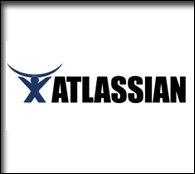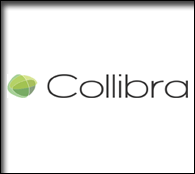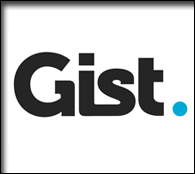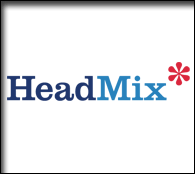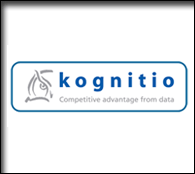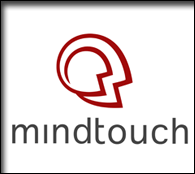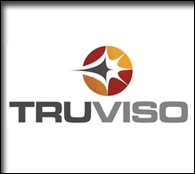Defrag and the Meta
by Eric Norlin on Jun.25, 2010, under Uncategorized
Let me start today’s post with a quick recap:
The uniting thread that runs through Defrag is data. Specifically, how data’s exponential growth and increasing velocity is dealt with by individuals, groups and organizations, and the tools and technologies that “handle” that data.
The “data problem” can be viewed through various angles. From the individual standpoint, data is a torrent to be filtered, harnessed, searched, connected, interacted with or perhaps just adapted to. From the organizational standpoint, data represents a state change that is altering everything from sales to marketing to collaboration to business intelligence to partner networks to operations. From either perspective, data should be approached as a strategic topic.
Last year’s Defrag pointed the way toward radical value propositions as the focus for this year’s Defrag. My four big takeaways from last year — the symbiotic nature of social media and enterprise 2.0, the importance of activity streams, the rise of the app marketplace, and the need for better BI/analytics — all point toward a Defrag 2010 that should focus on “radical value propositions.”
The “radical value proposition” isn’t about price, so much as the re-prioritization and distribution of the IT department. SaaS/Cloud based offerings have targeted lines of business over the traditional IT department. The result is a changing world wherein “IT” is re-prioritizing itself toward initiatives that have an implicitly low “cost load” (installation, maintenance, removal). Longer term, this means that “we’re all IT” — as the radical value proposition will make the purchasing, maintenance, and removal of IT solutions something that anyone inside of the organization can accomplish.
Do not underestimate the importance or difficulty of this transition. Because of this, it’s important that Defrag offer some “creative tension” in order to keep pushing ideas, innovation and the boundary forward.
This year we’ll begin fostering that creative tension via the structure and topics of our keynote speakers.
With data as the uniting thread, I’m asking the keynoters to speak to a “meta-topic” or angle regarding data. Accordingly, we’ll get 20 minute bursts from the brightest minds we can find. The end result (if we’re successful) will be a kaleidoscopic look at “data” from 30,000 feet. Current confirmed keynoters include:
Esther Dyson on Exploration (and data)
Michael Wesch on Anthropology
Paul Kedrosky on Markets
David Weinberger on Knowing
Jeff Jonas on Context
Stowe Boyd on Community
Alex Wright on Transition
Vivek Wadha on Innovation
Needless to say, it should be pretty incredible.
In the next post, I’ll talk about how the “meta” of the keynotes will contrast with the rest of the format, and why that creative tension will be unique and worthwhile.
